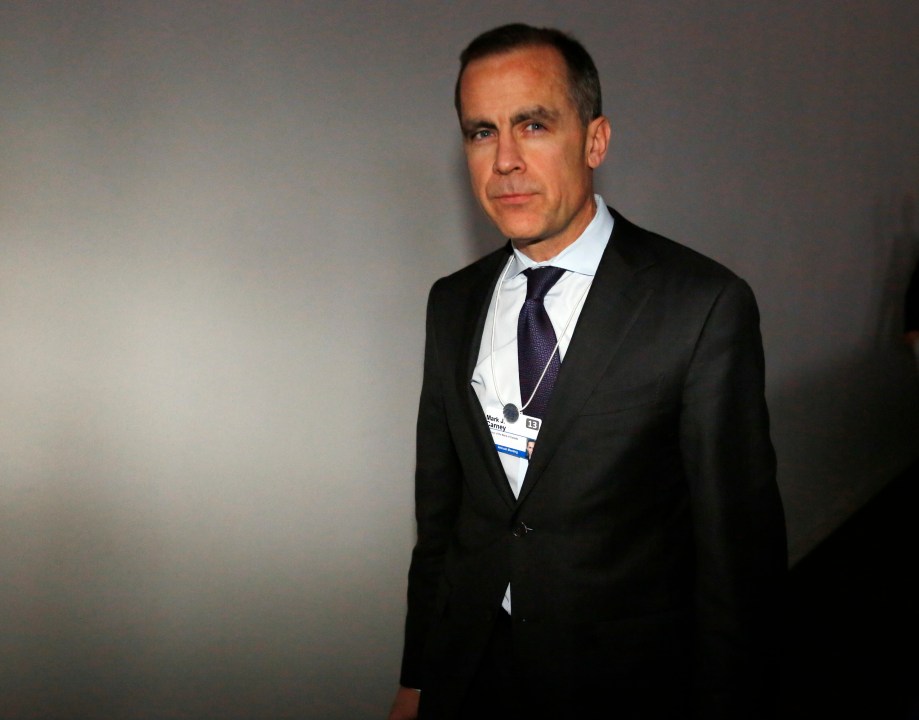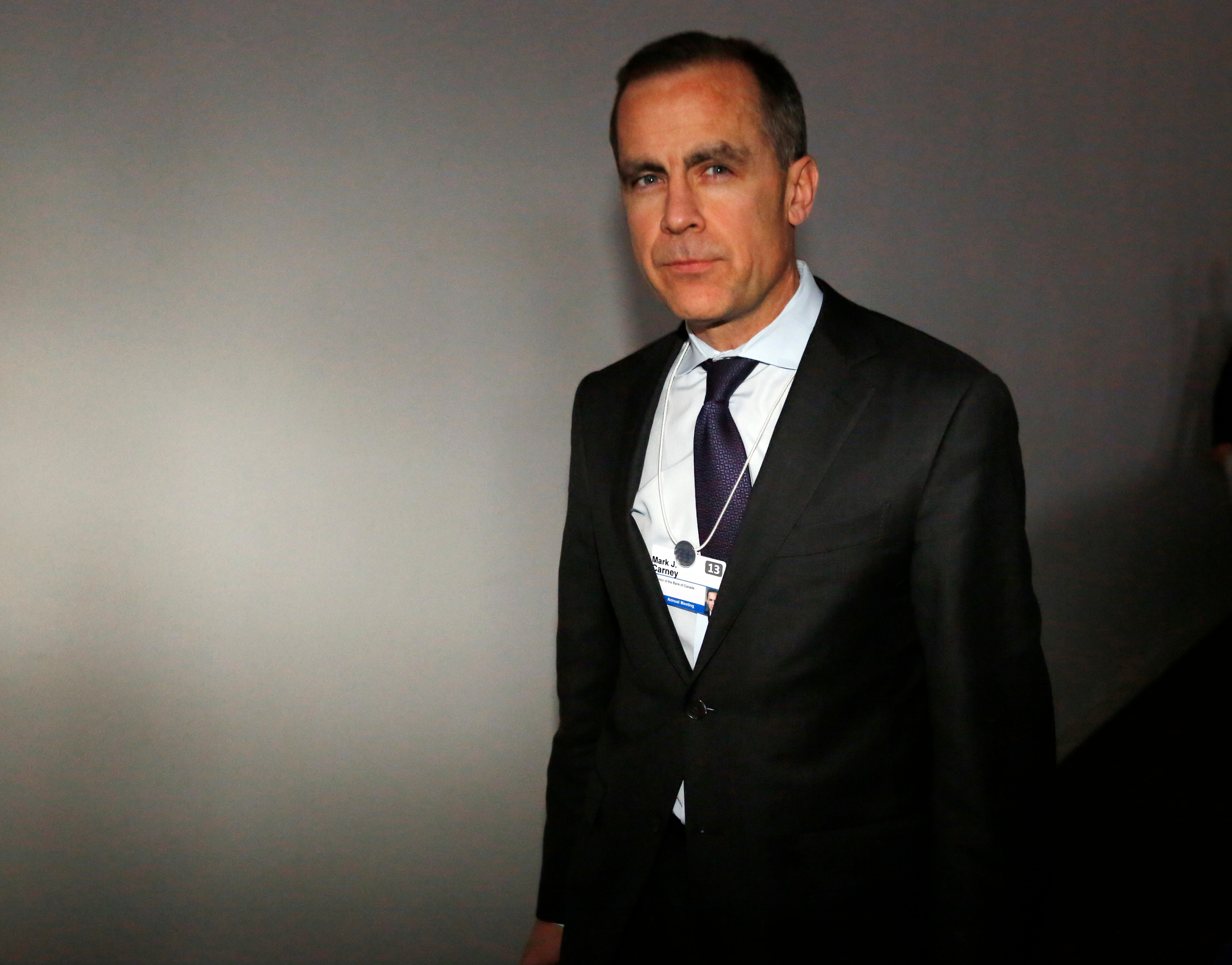If free and open markets are the Wild West, inhabited by roving bands of asset managers, hedge funds, investment bankers and random traders, then the sheriffs are the central bankers. A change of sheriff makes a real difference to trading conditions. The focus of London traders and analysts has already shifted to a new sheriff with the arrival of Mark Carney at the Bank of England next week, and much anticipation of his new tool of ‘forward guidance’, which he is expected to unveil in August.
Central bankers, far more than politicians, have long held sway over financial markets. That influence is at its greatest at times of economic tumult. We have been sharply reminded of this during the period after the great panic of 2008 and the subsequent great recession. Never have the actions of central bankers been so closely watched or so important to market trends. The co-ordinated interest-rate cuts of early 2009, quantitative easing in the United States and the UK, the recent doubling of QE in Japan and the unveiling of ‘outright monetary transactions’ by the European Central Bank last year, have all driven market trends. In times of turmoil, central banks are the first line of defence.
But like King Canute, central bankers cannot hold back the tides of market sentiment. It was in 1996 that the former US Federal Reserve chairman Alan Greenspan gave a speech mentioning the dangers of ‘irrational exuberance’ in asset prices. Markets took no notice and equity prices soared on the back of a technology bubble that was not pricked until 2000.
Nevertheless, what’s clear is that the great recession and subsequent eurozone crisis have conferred almost magical powers on central bankers as far as analysts are concerned. A quick perusal of recent brokers’ notes in my in-box includes: ‘So Farewell then Sir Mervyn’; ‘Forward guidance is coming but further BoE gilt purchases less likely’; and ‘Could both the BoE and ECB move to explicit forward guidance in August?’ There’s no secret about what the analysts are thinking.
As Governor of the Bank of England, King always has looked to the economic and financial literature for clues about how to behave.









Comments
Join the debate for just £1 a month
Be part of the conversation with other Spectator readers by getting your first three months for £3.
UNLOCK ACCESS Just £1 a monthAlready a subscriber? Log in